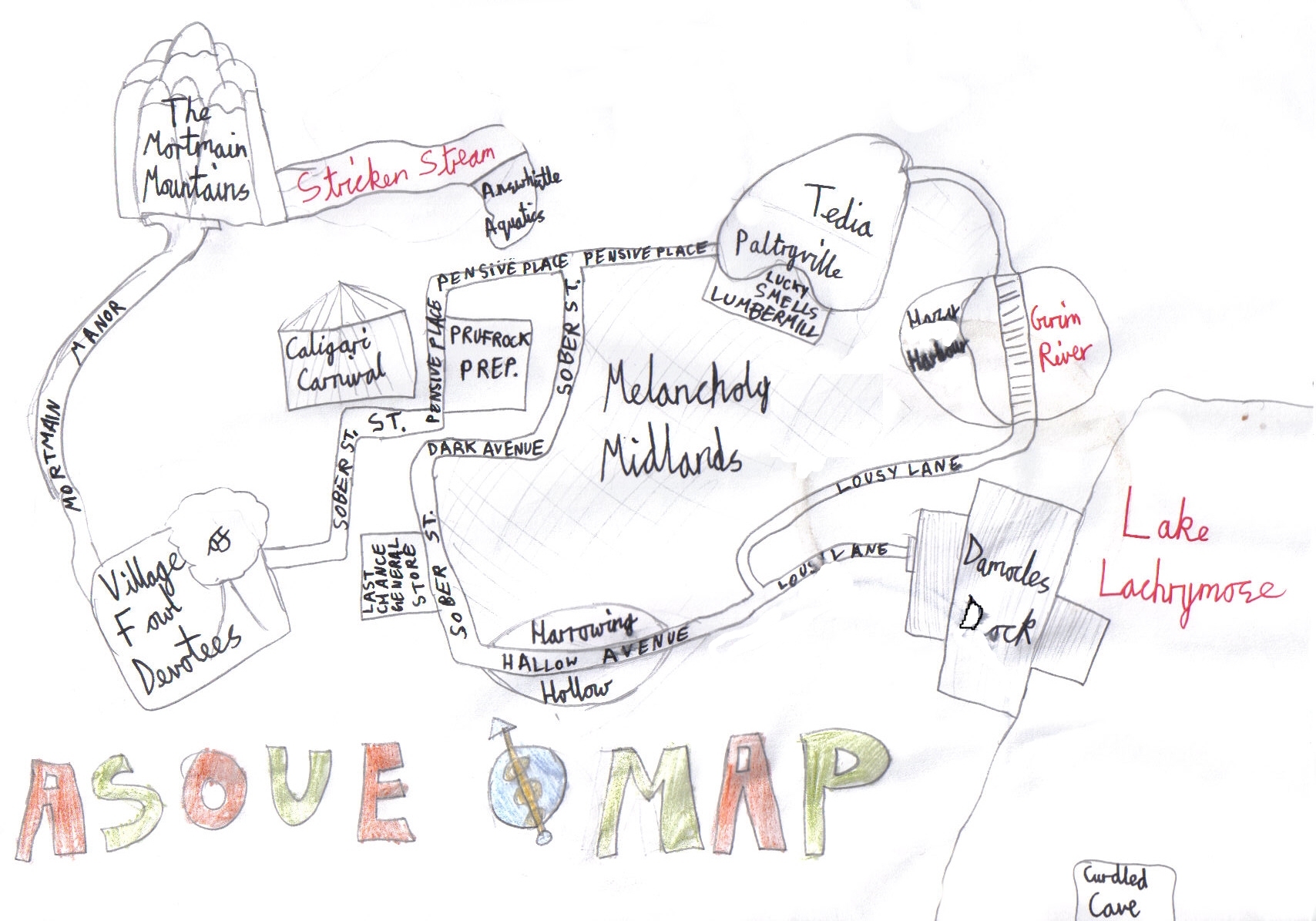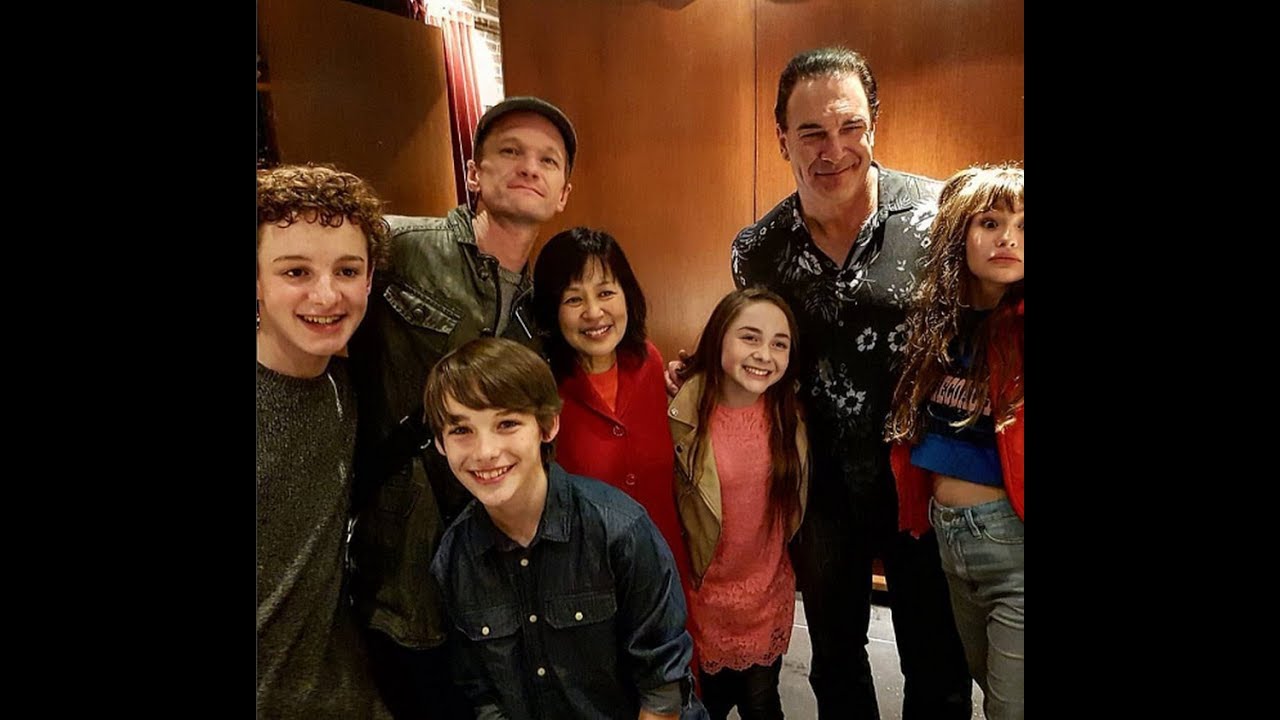

Anthropologists Allison James and Alan Prout, in their edited volume Constructing and Reconstructing Childhood: Contemporary Issues in the Sociological Study of Childhood (first published in 1990), note that in the past few decades, scholars have begun to problematize the notion of “the child” and the adult/child dichotomy. In the past few decades, anthropologists have explored the idea that childhood is a social construct. Consider how family sitcoms and movies often use the trope of a grumpy teen or child who says that their parents are being “unfair,” a cliché that ultimately discourages children from discussing their mistreatment by adults.

Children, financially and politically dependent on adults, are thus vulnerable to our abuse.Īs with all forms of oppression, adultism involves ridiculing the oppressed for speaking against their dehumanization.

It’s evident in the way we grant adults certain legal, political, and social rights over children, and in how we assume that adults are more responsible, intelligent, and deserving of respect. We perform adultism when we fail to view children as humans that are just as complex as adults. The term has also been used in NPO spaces and in activism.įlasher says that adultism can manifest in a number of different ways. Since then, the theory has been discussed frequently by anthropologists and sociologists. He defined adultism as the oppression children experience at the hands of adults. The term “adultism” was first notably discussed by Jack Flasher in 1978. Through his narration, Lemony Snicket doesn’t simply portray what it’s like to be patronized: he portrays adultism itself. But the highly self-aware ASOUE takes it to the next level. Lewis, Suzanne Collins, and others have all explored the frustrations of being undermined because of one’s youth. Namely, it made me think about adultism.Ĭhildren’s books, series, and movies often explore how children are patronized by adults.

While I didn’t yet understand the concept of satire, the series still had an eye-opening effect on me: it forced me to think deeply about social issues. I began reading ASOUE at the age of eight. ASOUE is simultaneously theatrically absurd and an accurate reflection of the issues it addresses, forcing the audience to consider the absurdity of a social issue without being too far removed from the phenomenon it addresses. (Likewise, in a popular and insightful essay for The Atlantic, Lenika Cruz wrote that A Series of Unfortunate Events introduced her to postmodernism as a child.) In ASOUE, satire is a powerful political tool. A Series of Unfortunate Events, the celebrated children’s books written by Lemony Snicket and now adapted into a television series on Netflix, was my childhood introduction to satire.


 0 kommentar(er)
0 kommentar(er)
